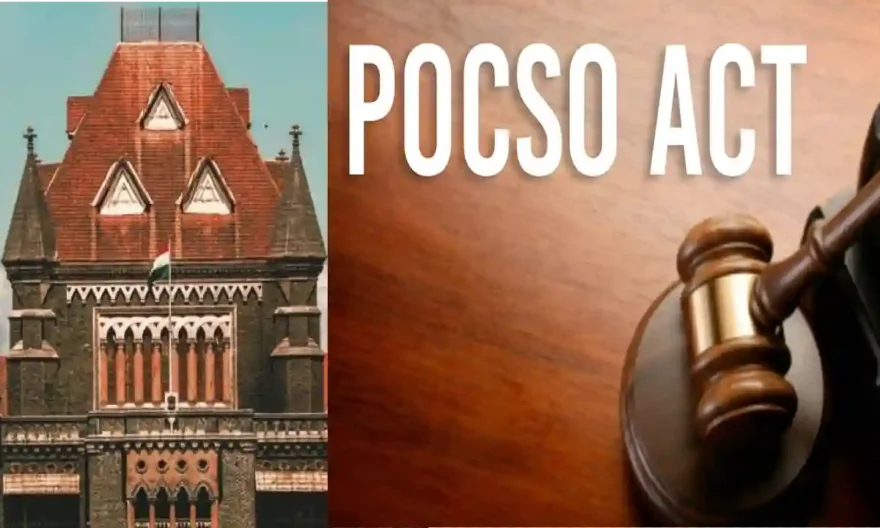
The Bombay High Court which recently acquitted a man convicted under the Protection of Children from Sexual Offences Act (POCSO Act) held that the mere absence of a wisdom teeth is not definitive evidence to prove the age of a rape survivor.
Single-judge Justice Anuja Prabhudesai noted that the special court in Raigad district, which convicted the appellant on December 18, 2019, relied on the testimony of the dentist, who examined the victim both clinically and radiographically, to determine her age.
He stated that he did not notice the wisdom tooth, or third molar, and hence estimated the victim’s age to be between 15 and 17 years.
However, during his cross-examination, the dentist admitted that wisdom teeth can erupt at any moment after the age of 18, the judge noted.
Justice Prabhudesai referred to the Modi’s Medical Jurisprudence, which stated that the second molars erupt between the ages of 12 and 14 years, whereas third molars (wisdom teeth) erupt between the ages of 17 and 25 years.
“It is thus clear that, with the exception of the wisdom tooth, all permanent teeth erupt by the time the average boy or girl reaches puberty, whereas wisdom teeth erupt between the ages of 17 and 25 years. The presence of a wisdom tooth suggests that the individual is at least 17 years old or above, while the absence of a wisdom tooth does not show that the person is under the age of 18. As a result, the fact that wisdom teeth have not erupted is not significant in determining age,” the judge ruled.
The bench was hearing an appeal filed by one Maherban Hasan Babu Khan, who was challenging his conviction under the charges of rape and other relevant provisions of the POCSO Act.
According to the prosecution case, he had sexual relations with the victim girl in exchange for the promise of marriage. When she told him she was pregnant on March 25, 2016, he stated that he would return to Raigad from his native Uttar Pradesh and marry her. However, he did not marry her and instead avoided her.
As a result, the victim, who claimed to be born on December 19, 2000, filed a criminal complaint against him, after which he was arrested.
In his defence, the guy said that he wanted to marry the victim and that after returning from Uttar Pradesh, he attempted to locate her but she was not found, and that he was then arrested by the police. He insisted on marrying the girl and even caring for the child she gave birth to.
In his decision, Justice Prabhudesai remarked that the prosecution did not question crucial witnesses to prove the victim’s age, hence it went unproven.
“The prosecution has also failed to present any evidence regarding the victim’s physical development or secondary sexual character. This mismatch also offers plenty of reason for question about the victim’s true age, which must necessarily benefit the appellant,” the judge observed.
As a result, the prosecution failed to prove beyond a reasonable doubt that the victim was under the age of 18, the Court held.
“This was significant because the evidence on record indicates that the Appellant’s physical relationship with the victim was consensual. In the absence of evidence proving that the victim was under the age of 18, the provisions of the POCSO Act cannot be invoked, and a consensual relationship would not constitute rape under Section 375 of the IPC,” the judgement stated.
As a result, it quashed the conviction and acquitted the appellant.




